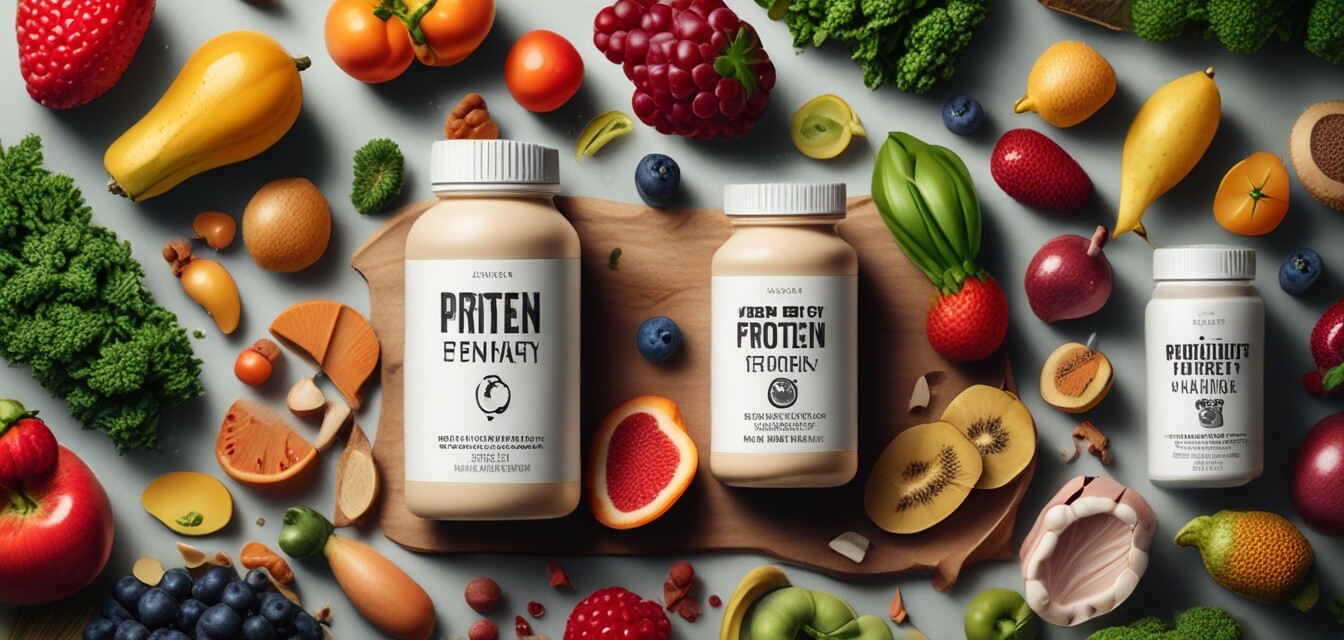
How to Incorporate Protein Supplements into Your Diet
Key Takeaways
- Protein supplements can be an effective way to increase protein intake.
- Choose ethically sourced supplements that align with your dietary preferences.
- Consider the timing of protein supplement intake for best results.
- Combine protein supplements with whole foods for a balanced diet.
- Stay informed about different types of protein supplements available.
Incorporating protein supplements into your daily diet can enhance your nutrition when used correctly. Whether you are an athlete, a busy professional, or just looking to balance your diet, understanding how to effectively integrate these products can simplify your nutrition planning.
Understanding Protein Supplements
Protein supplements come in various forms, such as powders, bars, and ready-to-drink products. They are made from several sources, including whey, casein, soy, pea, and hemp protein. Knowing the right type for your lifestyle and dietary needs is essential.
Types of Protein Supplements
| Type | Description | Best For |
|---|---|---|
| Whey Protein | Fast-digesting protein derived from milk. | Athletes and individuals looking for quick recovery post-workout. |
| Casein Protein | Slow-digesting protein also derived from milk. | Those wanting to sustain protein levels overnight. |
| Soy Protein | Plant-based protein suitable for vegans. | Vegetarians and vegans needing a complete amino acid profile. |
| Pea Protein | Hypoallergenic protein sourced from yellow peas. | Individuals with dietary restrictions or allergies. |
| Hemp Protein | Plant-based protein high in omega-3s. | Those looking for a nutritious and sustainable protein source. |
How to Include Protein Supplements
Here are some practical strategies to seamlessly include protein supplements into your daily routine:
Tips for Incorporating Protein Supplements
- Add to smoothies: Blend protein powder with fruits and vegetables for a nutritious shake.
- Mix with oatmeal: Stir in protein powder to your morning oatmeal for an added protein boost.
- Use in baking: Incorporate protein powder into pancakes, muffins, or baked goods for a nutritional upgrade.
- Snack smart: Choose protein bars as an on-the-go snack to help maintain energy levels throughout the day.
- Pre- and post-workout: Consume protein supplements before and after exercises to support recovery.
Timing Your Protein Intake
The timing of your protein intake can play a crucial role in achieving your dietary goals. Here are some important points to consider:
- Morning boost: Start your day with a protein-rich breakfast.
- Pre-workout: A protein shake before your workout can support energy levels.
- Post-workout recovery: Consuming protein soon after exercising aids recovery and muscle growth.
- Evening protein: A slow-digesting protein source before bed can help sustain protein synthesis overnight.
Balancing Whole Foods and Supplements
While protein supplements can be beneficial, they should not be your only source of protein. Here are some whole food options to complement your intake:
| Whole Food Source | Protein Content per 100g |
|---|---|
| Chicken Breast | 31g |
| Quinoa | 4g |
| Tofu | 8g |
| Greek Yogurt | 10g |
| Lentils | 9g |
By combining protein supplements with whole food sources, you can improve your overall protein intake and nutrient variety, making a well-rounded diet.
Sustainability and Ethical Considerations
When choosing protein supplements, it's essential to consider their sourcing. Look for brands that prioritize sustainable practices and ethical sourcing. This ensures that not only are you taking care of your body, but you are also caring for the planet. For more information on sustainable practices, visit our Sustainability Tips blog category.
Pros
- Convenient source of protein.
- Supports muscle repair and growth.
- Variety of options to suit dietary preferences.
- Easily integrated into meals and snacks.
Cons
- May not replace whole food sources entirely.
- Quality varies between brands.
- Some individuals may experience digestive discomfort.
- Cost can be a concern for some consumers.
Conclusion
Incorporating protein supplements into your diet can be a smart move to enhance your nutrition. By understanding the various types, timing, and ways to include them, you'll be on your way to achieving your dietary goals. Remember to choose ethically sourced options and balance your supplement intake with whole foods for the best results.
For more insights on different supplement categories, explore our selection of Protein Supplements and other ethical choices like Vegan Supplements.